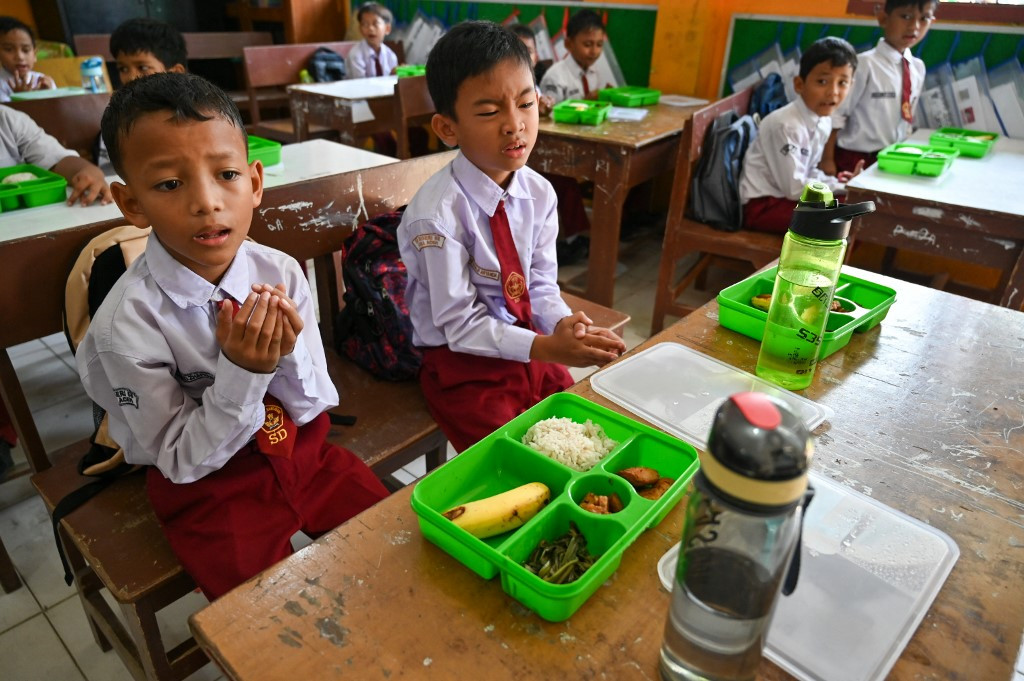Indonesia on Monday (January 6) unveiled a bold $4.3 billion free-meal program aimed at tackling stunted growth caused by malnutrition, fulfilling a significant election promise made by President Prabowo Subianto.
Prabowo has committed to offering free, nutritious meals to millions of schoolchildren and pregnant women, to improve their quality of life and drive economic growth.
“This is historic for Indonesia for the first time conducting a nationwide nutrition program for toddlers, students, pregnant and breastfeeding mothers,” presidential spokesman Hasan Nasbi said late on Sunday.
President’s Program Tackles Malnutrition, To Boost Economy
The Free Nutritious Meal program fulfills a key campaign promise made by Subianto, elected last year to lead Indonesia, Southeast Asia’s largest economy with over 282 million people. Prabowo stated that the initiative aims to combat stunted growth, which affects 21.5% of Indonesian children under the age of 5, while also boosting the income of farmers and increasing the value of their harvests.
Subianto has vowed to accelerate Indonesia’s GDP growth from the current 5% to 8%. In his inauguration speech last October, he highlighted the issue of child malnutrition and emphasized his commitment to providing free school lunches and milk to 83 million students at over 400,000 schools nationwide. This initiative is part of a broader strategy to develop the nation’s human resources, aiming to cultivate a “Golden Indonesia” generation by 2045.
“Too many of our brothers and sisters are below the poverty line, too many of our children go to school without breakfast and do not have clothes for school,” Subianto said.
Subianto’s flagship program, which includes free milk, could cost up to approximately $28 billion. He assured the public that his team had thoroughly calculated the necessary resources for such an undertaking, confidently stating, “We are capable.”
Government Targets Millions With Nutritious Meals
The government’s goal is to reach 19.47 million schoolchildren and pregnant women by 2025, with an allocated budget of $4.3 billion to ensure the annual deficit stays within the legislated 3% GDP ceiling. Dadan Hindayana, head of the newly established National Nutrition Agency, explained that this budget would purchase substantial quantities of food: an estimated 6.7 million tons of rice, 1.2 million tons of chicken, 500,000 tons of beef, 1 million tons of fish, as well as vegetables, fruits, and 4 million kiloliters of milk. Additionally, at least 5,000 kitchens will be set up across the country to support the program.






